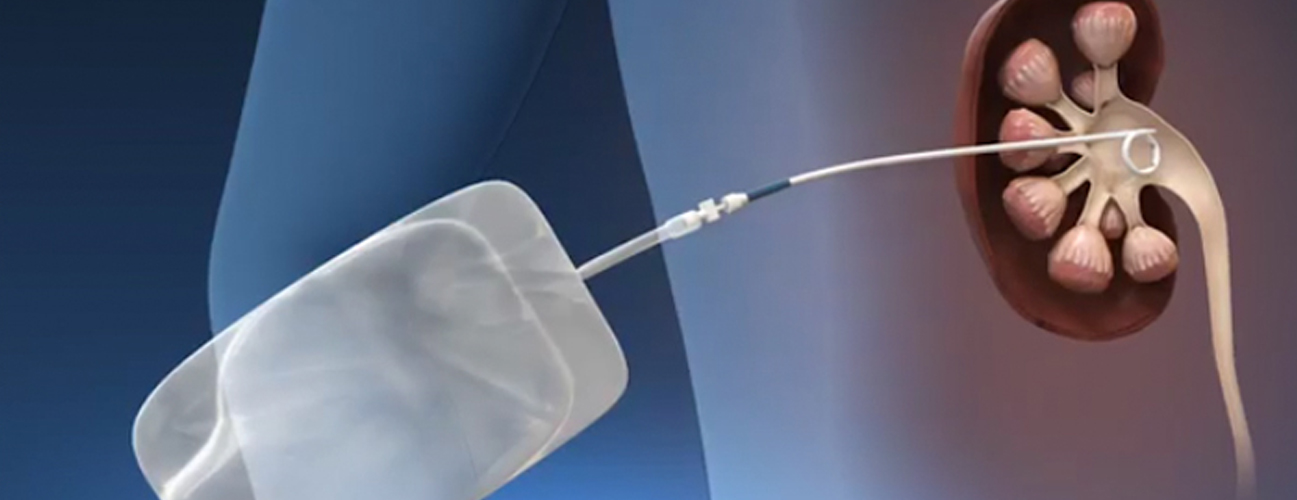Services
- Home
- Surgical Procedures

Percutaneous Nephrolithotomy (PCNL)
Percutaneous Nephrolithotomy (PCNL) is a minimally invasive surgical procedure used to treat large or complex kidney stones that cannot be effectively treated with extracorporeal shock wave lithotripsy (ESWL) or ureteroscopy. It is typically recommended for stones larger than 2 cm in size, those located in difficult-to-reach areas of the kidney, or stones that are resistant to other treatment methods.
The procedure is performed under general or regional anesthesia. A small incision, usually around 1 cm, is made in the patient's back, through which a nephroscope (a specialized instrument) is inserted directly into the kidney. Using this tool, the surgeon can break down large stones into smaller fragments, which are then removed either by suction or using a basket-like device. In some cases, the kidney stones are fragmented using laser technology.
PCNL offers several advantages, including a shorter recovery time, minimal blood loss, and a reduced risk of complications compared to traditional open surgery. Patients are usually able to return home within 1 to 3 days, depending on their condition. However, as with any surgical procedure, PCNL carries potential risks, including infection, bleeding, or injury to surrounding organs. Proper preoperative assessment and post-operative care are crucial for optimal outcomes.
